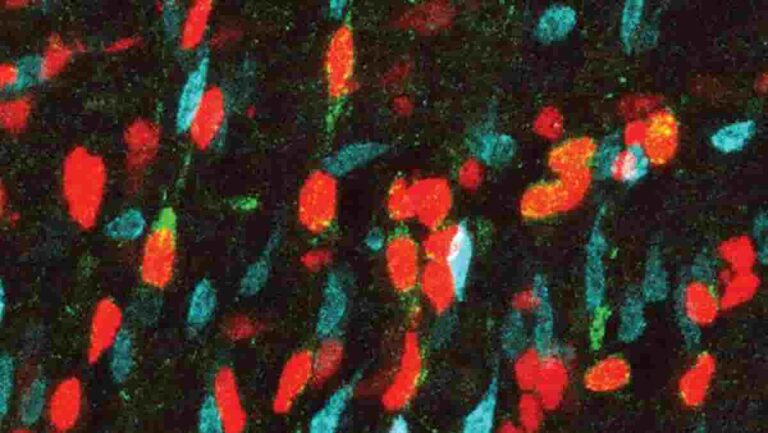Neuroscientists have long believed that scar tissue formed by glial cells, the cells that surround neurons in the central nervous system, impedes damaged nerve cells from regrowing after a brain or spinal cord injury. So it’s no wonder that researchers have assumed that if they could find a way to remove or counteract that scar…
Distinguishing Between Unintentional and Intentional Daydreaming
Mind wandering, daydreaming or zoning out, call it what you want, has been shown to promote creative thinking and problem-solving. But in the wrong context, it can become distracting or even dangerous. Inattentive students can fall behind in class. Drivers who aren’t paying attention to the road are far more likely to end up in…
AXL May Be Zika Neural Stem Cell Entry Receptor
Zika’s hypothesized attraction to human neural stem cells may come from its ability to hijack a protein found on the surface of these cells, using it as an entryway to infection. Now, researchers at the University of California, San Francisco have shown that the AXL surface receptor, normally involved in cell division, is highly abundant…
Resurrected Drug May Offer Way To Fight Zika, Ebola
Viruses have proven to be clever enemies. Attempts to fend off viruses that cause the common cold or flu have failed, and new viral outbreaks such as dengue, Ebola, or Zika continue to elude drugs. Given these challenges, scientists are tackling the problem from a different angle. The want to boost the human body’s ability…
Memory Training With Unpredictability Improves Recall
Memory training with unpredictable components could be more effective in enhancing episodic memory than training with predictable elements, according to new findings from UT Dallas researchers. Episodic memories are those associated with autobiographical events, such as a past birthday party or first trip to an amusement park. This type of memory is crucial to our…
Alzheimer”s Disease: Clinical Manifestation Not Transmitted
Although the protein associated with Alzheimer’s disease, amyloid beta, might be transmissible under very unusual circumstances, this does not go along with a transmission of the clinical manifestation of Alzheimer’s disease, according to a MedUni Vienna study on the potential transmissibility of Alzheimer’s disease. The affected persons develop no clinical symptoms of the disease. Deposits…
How Child Prodigies Can Help Us Understand Autism
An assistant professor of psychology, Joanne Ruthsatz at Ohio State University, is one of the first researchers to have shown a link between prodigy and autism. Ruthsatz and her co-author explain in a new book how what she has learned about child prodigies may help us not only understand autism, but could point the way…
Expectation May Be Crucial To Encode Memory
Current day psychology postulates two main models to describe how memories are formed. The first is object-based encoding, storing all information about an object in working memory. The second is feature-based encoding, selectively remembering aspects of an object. For example, if you watch a group of people playing basketball, under object-based encoding theory, the brain…
Men More Vulnerable To Depression From Long-term Stress
It’s long been believed that women suffer more of the stresses of life, and research has shown that repeated stress can translate into depression. So it might be logical to conclude that women who experience such stresses would suffer more depressive symptoms than men later in life, right? Wrong. New research from the University of…

